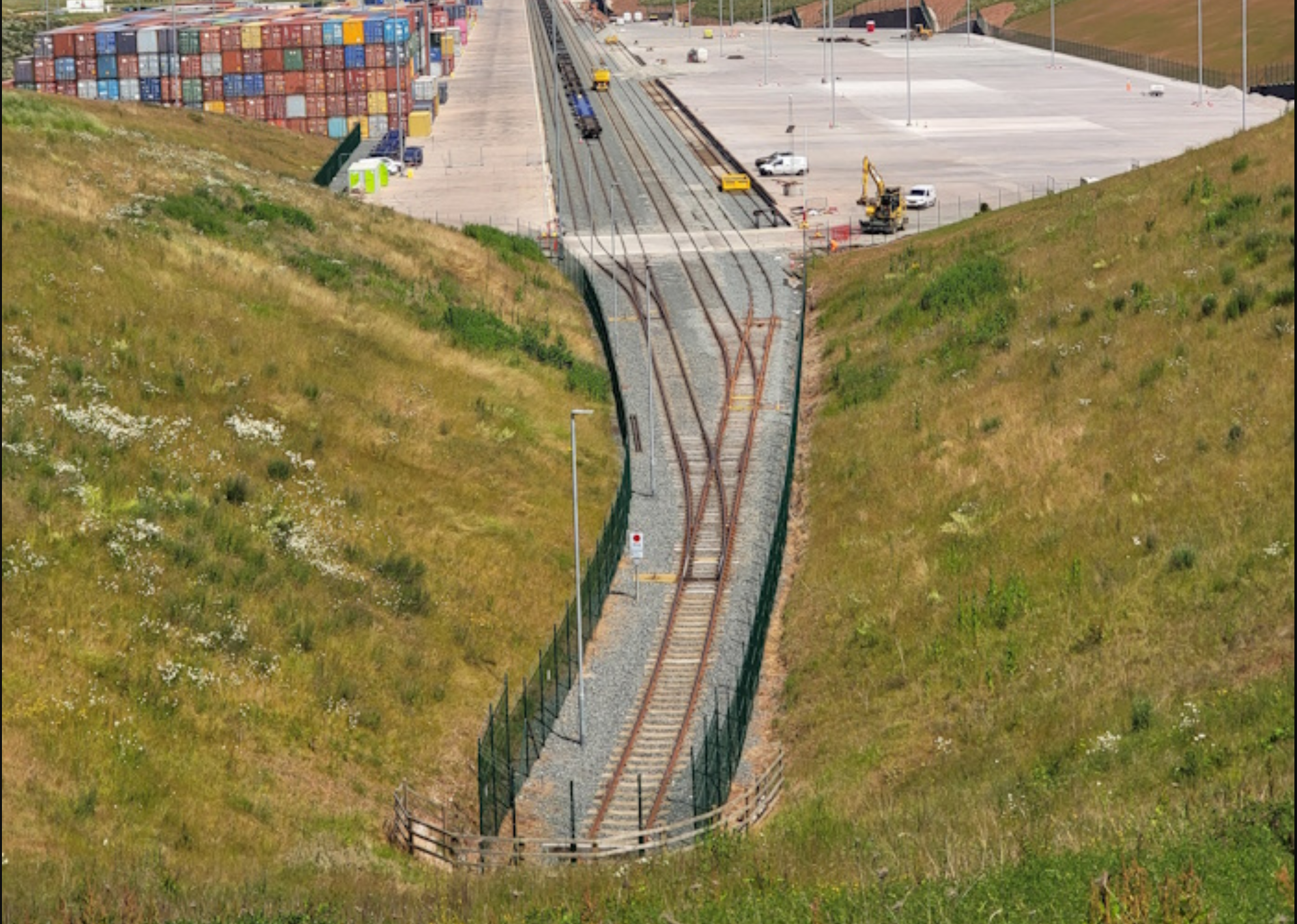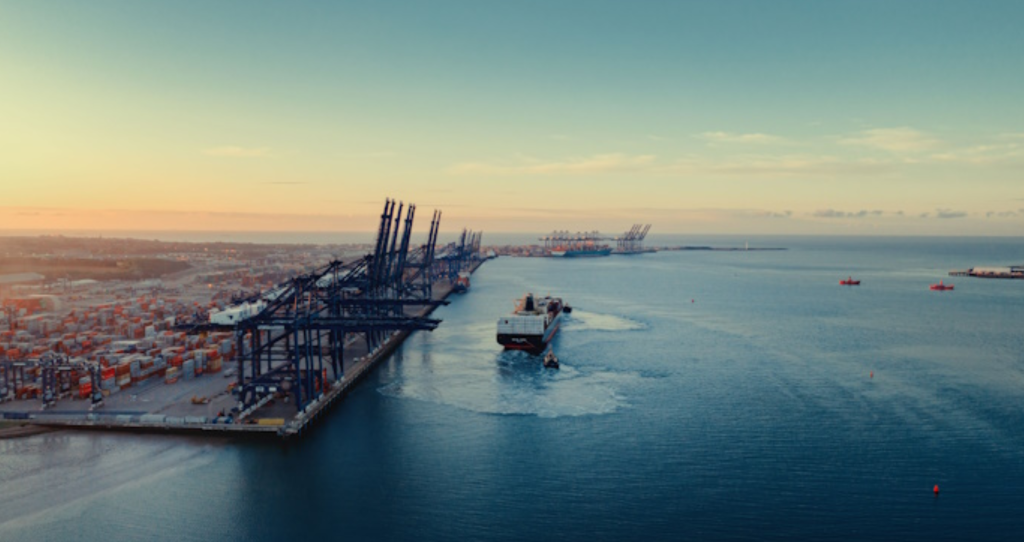
Freeport East and East Midlands Freeport are making waves in the transportation sector with their new partnership to support a green freight corridor. This initiative, aiming to decarbonize transport and boost skills and employment along one of the UK’s key transportation routes, marks a significant step towards sustainable logistics.
The Memorandum of Understanding (MOU) was signed on May 22 at the UK Real Estate Investment and Infrastructure Forum (UKREiiF) by Freeport East CEO Steve Beel and East Midlands Freeport CEO Tom Newman-Taylor. This agreement highlights their commitment to working with public and private sector partners, particularly within the logistics sector, to create a greener transportation corridor.

Building on the government’s Freeports Delivery Roadmap, the initiative focuses on investing in technologies and infrastructure to decarbonize transport flows between the two freeports. They plan to utilize green hydrogen, electric charging systems, and innovative technologies such as digital twins to drive this transformation.
Green Corridors are a well-established concept in maritime decarbonization. Establishing such a corridor between the UK’s largest container port and the Midlands logistics hub offers a unique chance to reduce the carbon footprint of goods entering and leaving the UK. Daily, over 5,000 trucks and numerous freight trains travel from Freeport East, with most heading towards the Midlands and beyond.
Felixstowe, the largest port in Freeport East, serves as the primary gateway to the UK from the Far East and other global destinations. East Midlands Freeport, located in the logistics Golden Triangle, is home to the UK’s largest dedicated air cargo operation at East Midlands Airport. This central location is crucial for driving clean fuel applications that will benefit the entire UK.
Several projects are already underway to support this green corridor. These include developing green logistics infrastructure in Felixstowe, Stowmarket, and East Midlands Gateway. Freeport East is also working on a Green Hydrogen Hub to support clean fuel transport, while East Midlands Freeport is transitioning the UK’s last coal-fired power station at Ratcliffe on Soar to a clean energy production hub.
The UK government aims to increase rail freight by at least 75% by 2050 and achieve a net zero rail network. It is also investing in zero-emission HGV demonstrators, planning to phase out non-zero emissions HGV sales by 2040. The green corridor initiative will help achieve these targets and reduce the impact of freight transport in areas like Cambridge, Ipswich, and Leicester.
Additionally, the partnership aims to enhance skills development. East Midlands Freeport is progressing with plans for a Future Energy Skills Hub and has invested £17 million in a Zero Carbon Innovation Centre. Meanwhile, Freeport East is looking to develop new innovation and skills centers in Stowmarket and Harwich. This initiative will create new demands for transport and energy planning, green logistics, and new vehicle fleets and fuels, all requiring new skills for the future.

